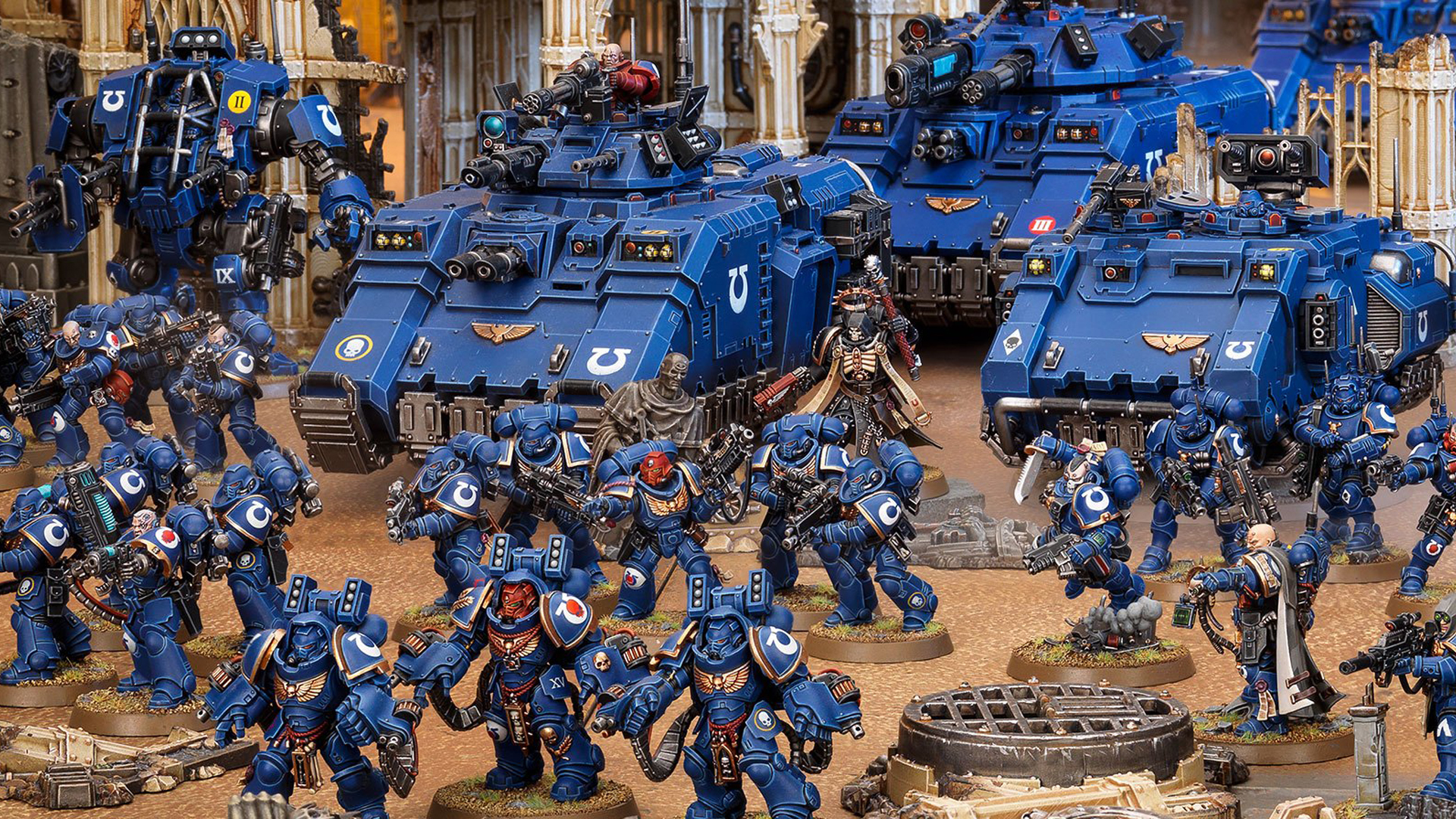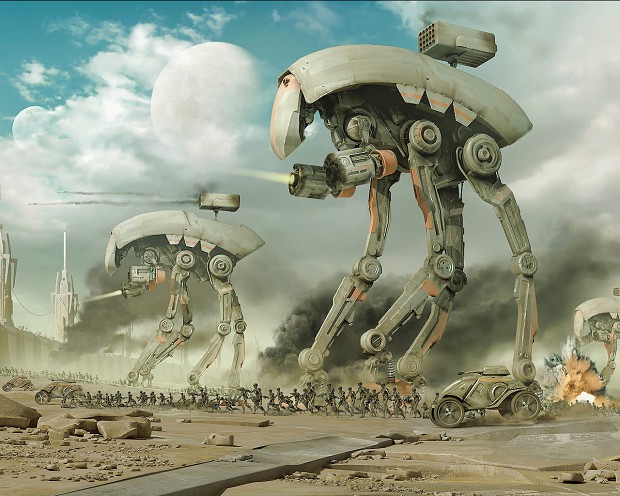

That could lay out how American warfighters fit into the government's overall space strategy.īratton said having military space operators involved in those talks could help establish rules and norms beyond Earth, like those that exist in international waters or airspace. is also in the process of updating its National Space Policy. Space Command and standing up the Space Force, the U.S. "We need to develop that force structure, that expertise," Shaw said.Īside from bringing back U.S. And the new Space Force branch will help ensure the military has properly trained forces who can do that.

Those are the types of space capabilities leaders here say need vital protection. in terms of warning to troops that were threatened on the ground," Shaw said. "My greatest fears were not realized that day because we did respond very quickly. Space operators were able to spot the threat and quickly alert those in its path. Qasem Soleimani, head of Iran’s elite Quds force. He noted the role space operators played earlier this year when Iran struck a military base in Iraq following a U.S. Shaw, who in his current role helps deliver space-based capabilities, such as satellite communications and imaging, to troops on the ground, said space was once a "placid domain." Now, he said, those capabilities are at risk of attack. That's the ongoing struggle in the competition phase that we're seeing." "Where's my adversary weak? Where can I compete strongly? We react to them, and they react to us. "It's just the nature of competition," Bratton said. Shawn Bratton, SPACECOM's deputy director of operations, have seen throughout their careers. That matches what Shaw and Air Force Brig. Yet we now find that space has become highly contested, and the gains we possess are threatened." "For decades, the world has enjoyed the freedom to operate in space," Defense Secretary Mark Esper said Thursday. The military's top civilian and uniformed leaders were here to participate in the change-of-command ceremony. James Dickinson is now the first Army general to lead SPACECOM.Īssigning SPACECOM and Space Force each their own leader was a milestone moment for military space operations, which will continue to build in the coming years. John "Jay" Raymond, to focus solely on the military's new Space Force branch, which he was tapped to lead. Space Command got a new leader last week, freeing up its former commander, Air Force Gen. And the new Space Force military branch will train and equip warfighters to operate in that realm.Īs one Space Command official here put it, "We are probably better resourced and have more visibility than we've ever had." A Newly Contested Frontier It resurrected the once-defunct Space Command, designating the cosmos a combatant command just like U.S. The Defense Department has, in response, made space a huge priority in recent years.

"It can be a little bit concerning that near-peer adversaries have that capability." benefits from the use of space," one Space Command official said. They are demonstrating their commitment to space operations they recognize how the U.S. "Our adversaries have reorganized for space. They've now built up their own intelligence, surveillance and reconnaissance assets - not only to help command and control their own forces, but also to track and target American troops.

forces use space-based technologies on the battlefield. China, Russia and Iran, for example, have watched how U.S.


 0 kommentar(er)
0 kommentar(er)
